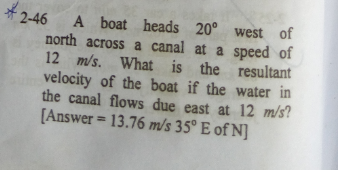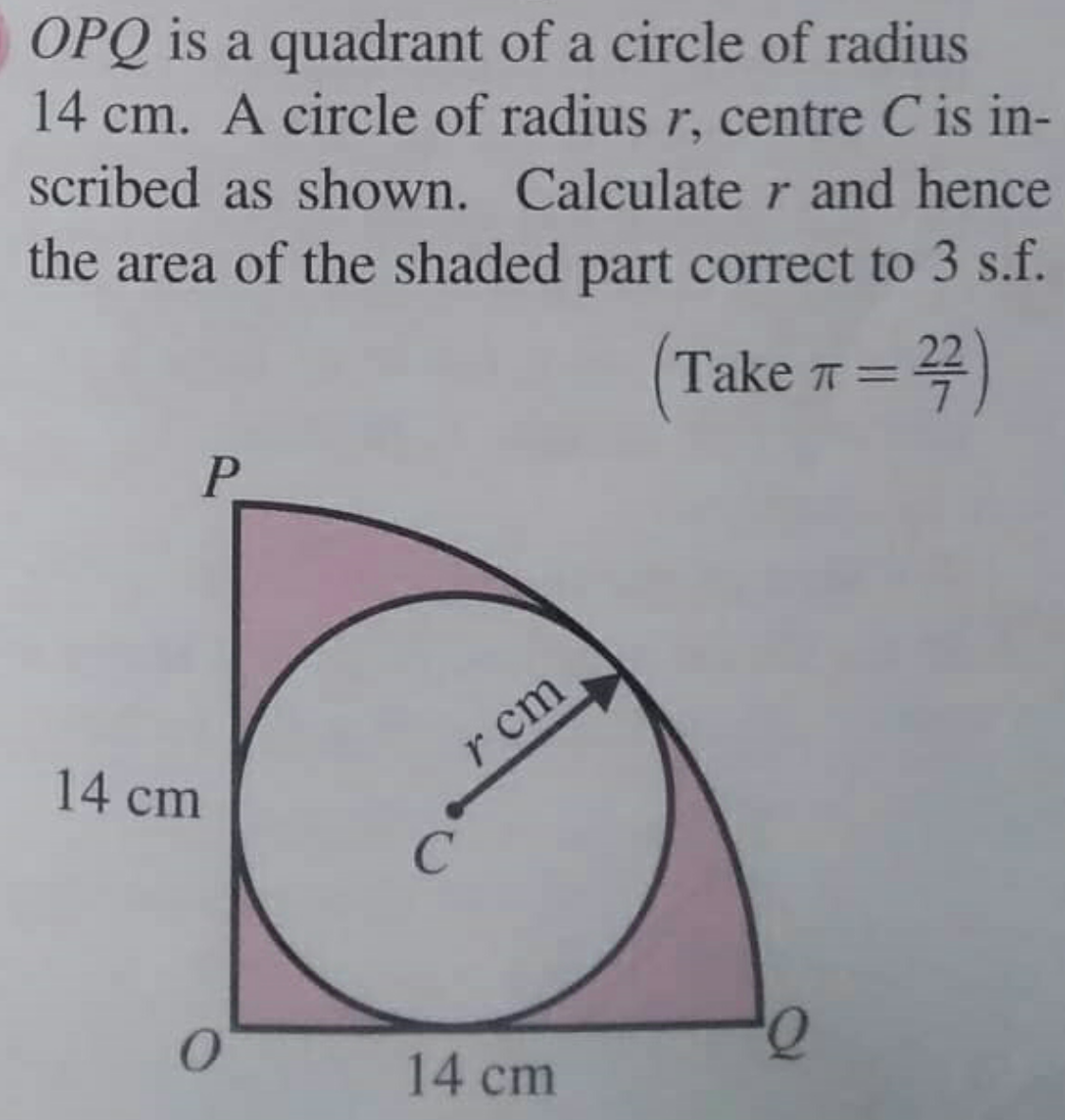
AllQuestion and Answers: Page 1149
Question Number 103449 Answers: 1 Comments: 0

Question Number 103448 Answers: 1 Comments: 0

Question Number 103436 Answers: 2 Comments: 0
Question Number 103450 Answers: 1 Comments: 0

Question Number 103422 Answers: 0 Comments: 2

Question Number 103421 Answers: 1 Comments: 0

Question Number 103419 Answers: 1 Comments: 0

Question Number 103412 Answers: 1 Comments: 0
Question Number 103411 Answers: 2 Comments: 0
$${solve}\:{x}^{\mathrm{2}} {y}^{''} \:+{xy}^{'} \:+{y}\:=\mathrm{0} \\ $$
Question Number 103410 Answers: 1 Comments: 0
Question Number 103409 Answers: 0 Comments: 1
Question Number 103406 Answers: 0 Comments: 3
Question Number 103400 Answers: 3 Comments: 1
Question Number 103397 Answers: 1 Comments: 0
Question Number 103393 Answers: 2 Comments: 0

Question Number 103389 Answers: 2 Comments: 1

Question Number 103377 Answers: 0 Comments: 0
Question Number 103367 Answers: 1 Comments: 0
Question Number 103366 Answers: 4 Comments: 0

Question Number 103357 Answers: 1 Comments: 0
Question Number 103355 Answers: 0 Comments: 0

Question Number 103347 Answers: 1 Comments: 2

Question Number 103346 Answers: 0 Comments: 1

Question Number 103345 Answers: 4 Comments: 5

Question Number 103343 Answers: 1 Comments: 0
Question Number 103338 Answers: 0 Comments: 7

Pg 1144 Pg 1145 Pg 1146 Pg 1147 Pg 1148 Pg 1149 Pg 1150 Pg 1151 Pg 1152 Pg 1153
